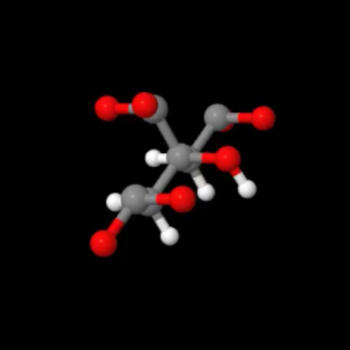How would you balance the following chemical equation: mercury (II) hydroxide + phosphoric acid --> mercury (II) phosphate + water?
1 Answer
Explanation:
Here's your unbalanced equation:
Begin by fixing the obvious. We need 3
This solves our mercury problem, now on to phosphate. There is one phosphate ion on the left and two on right, so add a coefficient of two to
The only thing left to the balance is the water. On the left side, we have a total of 12
Always double check your answer to make sure all the elements balance. In this case, they do, so we are done.

